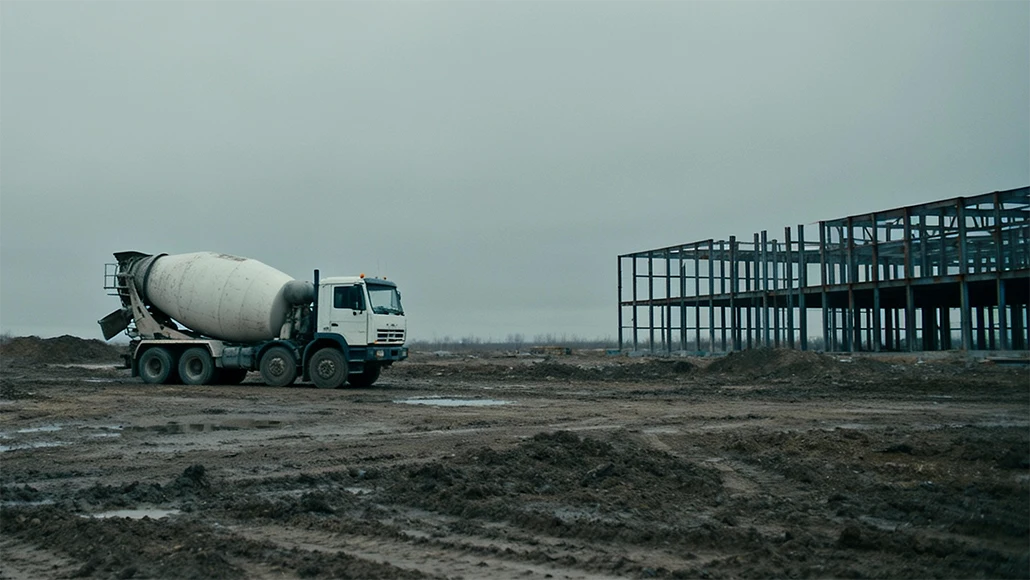New data goes on to show that a lack of shrinking demand when it comes to heavy-side construction materials is actually putting jobs at risk.
Third quarter – Q3 sales data from the Mineral Products Association – MPA reveal a continued weakness in Britain ready-mixed concrete sales especially in concrete, aggregates, and asphalt sales are concerned.
It is well to be noted that Britain ready-mixed concrete sales, which are a barometer for total construction activity, fell by another 0.8% throughout Britain in Q3 as compared to Q2 and, as a matter of fact, were 12% lower as compared to a year before, thereby extending quite a long period of decline, with sales dipping in seven of the last eight years. It is well to be noted that aggregate sales were broadly flat, whereas asphalt volumes grew by 2.5% in Q2; however, they remain below 2024 levels. Although the bright light came from mortar sales, which improved by 1.0% in the third quarter, after a 30% drop in two years in 2023-24.
If one looks at it from a regional perspective, the biggest hit is taken by the London market, with concrete volumes down by 32% in the past year. This desperate situation goes on to mirror wider evidence of the housing slowdown in London, with steep declines in terms of approvals and starts as well as completions, with one major factor being capital’s exposure to delays in terms of new high-rise buildings caused by planning bottlenecks at the Building Safety Regulator – BSR.
Throughout the country, weak housebuilding as well as commercial construction activity go on to drag heavily on activity, offset just partly by ongoing infrastructure work. However, even in major infrastructure, the momentum has gone on to fade. HS2’s demand in terms of high volumes of material has been cut back due to the project reset, and no fewer than nine major road schemes have been cancelled in 2024, therefore cutting the near-term demand when it comes to mineral products.
MPA goes on to warn that the sector, which happens to employ over 80,000 people, continues to remain under critical strain after four continuous years in terms of declining sales. Businesses have moved their focus onto cost control as well as efficiency, with sites getting mothballed, capacity decreased, and skilled workers apparently losing their jobs. These kinds of pressures indeed threaten the longer-term supply resilience when it comes to essential materials, thereby going ahead and potentially undermining the delivery of future housing and infrastructure, said the MPA.
Aurelie Delannoy, the MPA director of economic affairs, said that the latest data goes on to show that the construction downturn still remains deep-rooted. The mineral products sector is functioning at crisis levels, with no prospect in terms of recovery in the near term. Construction materials happen to be among the earliest indicators in terms of real activity, and these figures go on to send a clear warning to the government prior to the autumn budget – the UK indeed requires decisive measures so as to unlock project delivery, rebuild confidence, and get the growth moving.
Chris Leese, MPA executive chair and a former vice president of Cemex UK, added that the announcements pertaining to infrastructure and planning are all appropriate; however, for now, they remain promises of jam tomorrow. They happen to be doing nothing to address this collapse in demand, which is kind of draining jobs as well as capacity from the sector. With no urgent action that results in work on the ground immediately, the basis of future delivery, which is business investment, production capacity as well as skilled workforce, may as well not be there at the required scale when the nation needs them the most.































